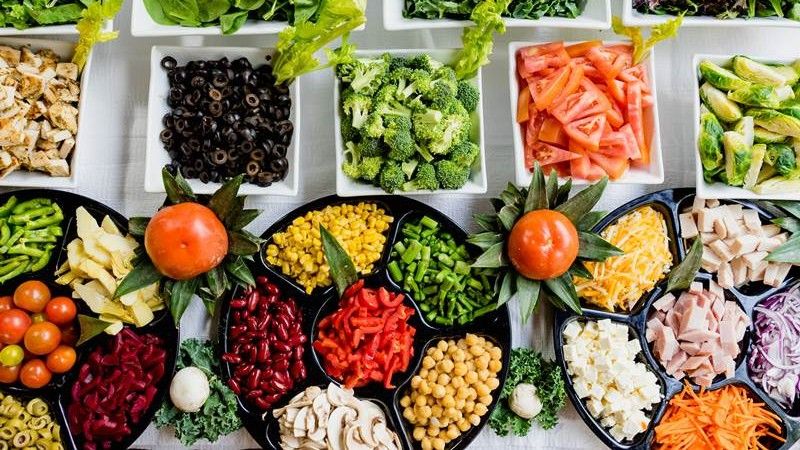
Veganuary (vegan + January) is an annual challenge to try vegan food all month. It was initiated by a UK-based non-profit in 2014 but has since grown in popularity around the world.
Veganism is a dietary and a lifestyle choice that eliminates the consumption of all animal products. This includes not just meat, but any ingredients derived from animals including dairy, eggs or honey.
Veganism often challenges the status quo, which can make it a controversial topic. Some perceive vegans as morally superior or elitist, a stereotype I believe is unfair. But I do think there’s room for us to engage more inclusively and discuss these issues in a way that feels less alienating.
Here are common myths about veganism that fuel misunderstanding and why it’s important for the movement to address them.
Myth: A vegan diet is protein-deficient
Reality: This misconception has been aggressively marketed by the animal agriculture industry. Animals get their protein from plants, and research confirms that plant-based diets are healthy and environmentally beneficial. Beans, legumes, nuts, tofu, tempeh, and grains like millets, buckwheat, and amaranth provide all essential amino acids.
Myth: Vegan food is expensive
Reality: Vegan food consists of natural, everyday ingredients that can be prepared at home. Many traditional Indian dishes are naturally vegan. Yes, buying processed alternatives may be more expensive. But that’s due to the challenges faced by the plant-based food industry, including high taxes and a lack of subsidies that animal agriculture, including the poultry and aquaculture industries, receives.
Myth: Vegan food is boring!
Reality: It’s not that vegan food is inherently boring, but many people are unfamiliar with how to cook without meat or dairy or may be intimidated by unfamiliar ingredients. Experimenting with fruits, vegetables, nuts, pulses and spices can create delicious meals. Did you know, banana peels can mimic a range of meaty flavours? Another tip to creating simple yet punchy meals is to make pickles, chutneys and other fermented extras to add that pop of flavour to your dish. It’s not meat that makes a dish delicious; it’s the condiments.
Myth: Vegans don’t care about people’s livelihoods
Reality: While the videos and representations of the treatment of animals kept and slaughtered for food are grim, they often fail to show how poorly those working in the industry are treated. Vegans don’t want workers who do not have a choice of other occupations to suffer either. We want better work opportunities and improved accountability from both industry and government.
Conclusion
The burden of vegans in making the right kinds of arguments, in the right tone and pitch, is substantial, and a lot is at stake. We are all responsible, because we have not learned to talk about these issues in a constructive and compelling way, least of all in a manner where all victims are accounted for, including humans and animals. Above all, I believe we should all lose our attitude of righteousness, which is not good for anyone, vegans, vegetarians or meat eaters. We need to see the issues at play here more holistically, and we need to address animal suffering and related problems like discrimination by caste and gender in a more full-hearted and comprehensive way. We live in a world of suffering, human and animal, and we should make sure that our minds, our eyes and our hearts are open and ready to give peace a chance, right down to the choices we make about what to put on our plates.